


 Urges Faithful to Examine the Purity of Their Faith
Urges Faithful to Examine the Purity of Their FaithVATICAN CITY, MARCH 16, 2008 (Zenit.org).- Benedict XVI says that in order to recognize God, we must abandon the pride that blinds us and brings us to see God as a sort of competitor.
The Pope affirmed this in his homily today, during the Palm Sunday Mass held in St. Peter's Square. The celebration also marked the diocesan-level Youth Day.
The Holy Father centered his homily on the Gospel passage of the cleansing of the temple, when Christ drives out of the house of his Father those who had made it a "den of thieves."
"From the story of the 12-year-old Jesus, we know that he loved the temple as the house of his Father, as his paternal house," the Pontiff said. "Now he comes again to this temple, but his journey goes beyond it: The ultimate goal of his ascent is the cross."


 When Christ arrives at the temple, the Pope said, "there, where there should be the space of the meeting between God and man, he finds people selling animals and money changers who use the place of prayer for their business."
When Christ arrives at the temple, the Pope said, "there, where there should be the space of the meeting between God and man, he finds people selling animals and money changers who use the place of prayer for their business.""It is true that the animals being sold there are destined for sacrifice in the temple," Benedict XVI explained. " And because it was forbidden to use coins in the temple on which there were representations of the emperor, which were in conflict with the true God, it was necessary to exchange them for coins that did not bear idolatrous images.
And because it was forbidden to use coins in the temple on which there were representations of the emperor, which were in conflict with the true God, it was necessary to exchange them for coins that did not bear idolatrous images.
"But all of that could have been done elsewhere: The place that it had now appropriated was supposed to be the atrium for the pagans. The God of Israel was in fact the God of all peoples. And even if the pagans did not enter, so to speak, into the interior of revelation, they could nevertheless, in the atrium, associate themselves with prayer to the one God.
 "The God of Israel, the God of all men, was always also awaiting their prayer, their seeking, their invocation. But now, the atrium was dominated by business, business that had been legalized by the competent authority, an authority which, for its part, had a part of the merchants' earnings."
"The God of Israel, the God of all men, was always also awaiting their prayer, their seeking, their invocation. But now, the atrium was dominated by business, business that had been legalized by the competent authority, an authority which, for its part, had a part of the merchants' earnings."
Seeking
Benedict XVI said that Christ's zeal for the temple should lead Christians of today to reflect: "Is our faith pure and open enough that, beginning from it, the 'pagans' -- the persons today who are seeking and have their questions -- can also intuit the light of the one God, can associate themselves with our prayer in the atriums of faith and by their seeking perhaps become worshippers?
"Does the awareness that greed is idolatry also reach our heart and our life practices? Do we not perhaps also allow idols to enter even into the world of our faith? Are we disposed to let the Lord purify us again and again, allowing him to chase out of us and the Church what is contrary to him?"
 The Holy Father went on to say Christ's action in the temple shows that "a new moment in history has been foretold."
The Holy Father went on to say Christ's action in the temple shows that "a new moment in history has been foretold."
"The time in which animals were sacrificed to God has ended. Animal sacrifice had always been a miserable substitution, a gesture of nostalgia for the true way of worshiping God. [...] The body of Christ, Christ himself, enters to take the place of the bloody sacrifices and the food offerings. Only the 'love to the end,' only the love for men for which he gives himself totally to God, this is the true worship, the true sacrifice. Worshipping in spirit and truth means worshiping in communion with him who is truth; worshipping in the communion of his body, in which the Holy Spirit unites us."
"The fact that Jesus now chases out the merchants does not only impede abuse, but indicates the new action of God," the Holy Father continued. "The new temple is formed: Jesus Christ himself, in whom God's love comes down to men. He, in his life, is the new and living temple.  He, who passed through the cross and is risen, is the living space of spirit and life in which the right worship is realized. Thus, the purification of the temple, as the culmination of Jesus' solemn entry into Jerusalem, is the sign both of the incumbent destruction of the building and the promise of the new temple; the promise of the kingdom of reconciliation and love that, in the communion with Christ, is established beyond every frontier.
He, who passed through the cross and is risen, is the living space of spirit and life in which the right worship is realized. Thus, the purification of the temple, as the culmination of Jesus' solemn entry into Jerusalem, is the sign both of the incumbent destruction of the building and the promise of the new temple; the promise of the kingdom of reconciliation and love that, in the communion with Christ, is established beyond every frontier.
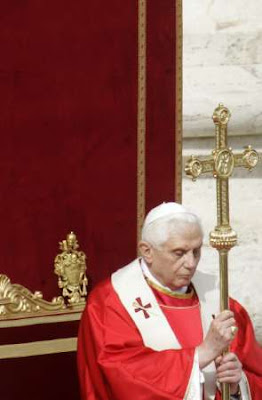 "To the trafficking in animals and the money exchange, Jesus opposes his goodness that makes well again. It is the true purification of the temple. He does not come as a destroyer; he does not come with the sword of the revolutionary.
"To the trafficking in animals and the money exchange, Jesus opposes his goodness that makes well again. It is the true purification of the temple. He does not come as a destroyer; he does not come with the sword of the revolutionary.
"He comes with the gift of healing. He dedicates himself to those who because of their infirmities have been pushed to the end of their life and to the margins of society. Jesus reveals God as he who loves, and his power as the power of love. And thus he says to us what will always be a part of the true worship of God: healing, serving, the goodness that makes well again."
Finally, Benedict XVI affirmed that to recognize this loving God, "we must abandon the pride that blinds us, that wants to drive us far away from God, as if God were our competitor."
"To meet God it is necessary to become capable of seeing with the heart," he affirmed. "We must learn to see with a young heart that is not hindered by prejudices and blinded by interests."


![[Unam Sanctam]](https://blogger.googleusercontent.com/img/b/R29vZ2xl/AVvXsEiymQ2adTjpZ1ABhPBbBBquiPCxeQrc4Jy_97vOikT0wGQeJleriiXQy6ebnb0jrYe-TfvcK77txStB4aIwVAdD41ZdMkVfNtFGC0JX6LBV9B8mfeRZaIAM7Sj-011ag3DiKQzv/s1600/headerdivinemercy.jpg)


















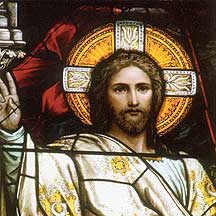







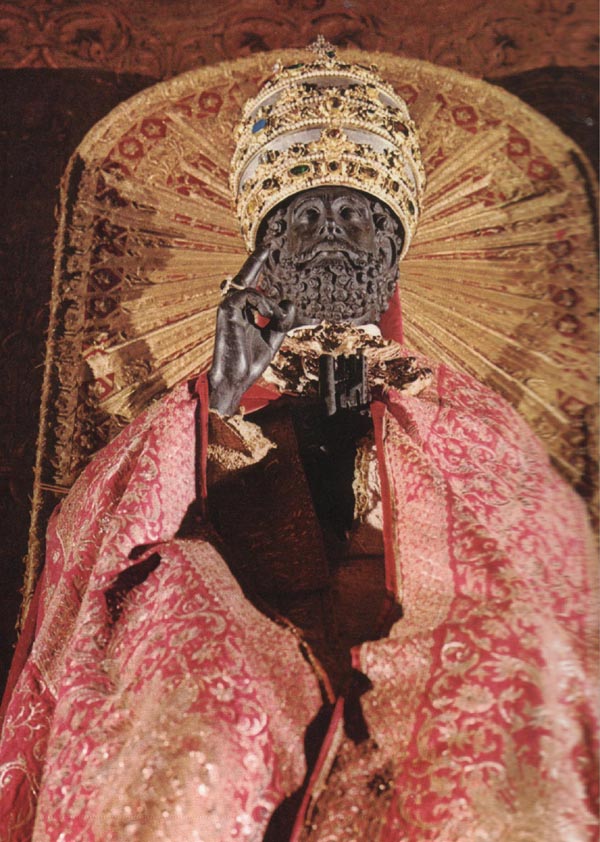
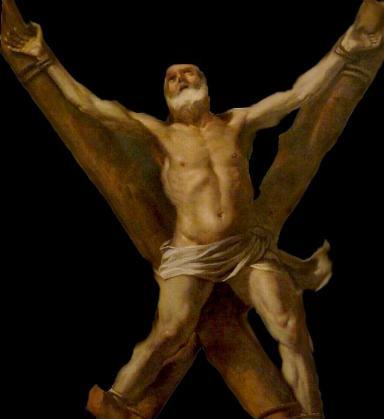




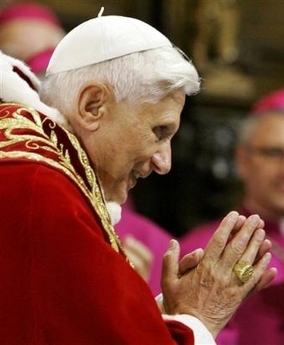






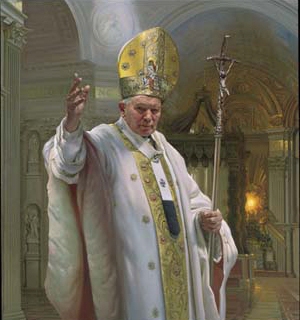
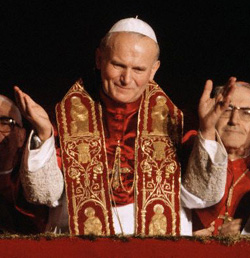
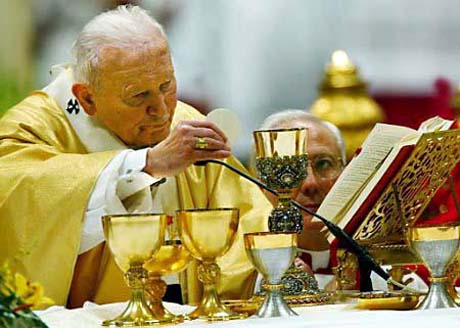







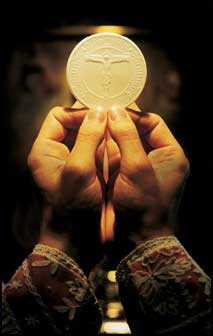
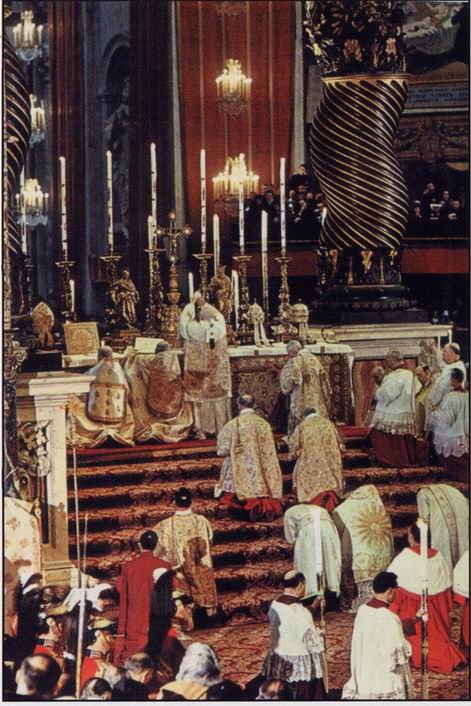

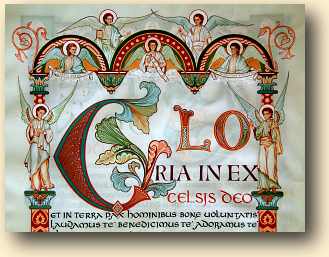

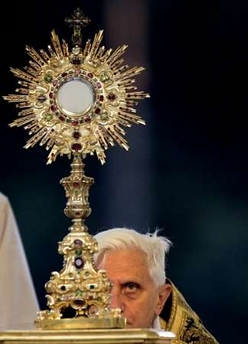


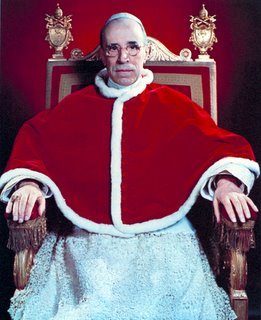




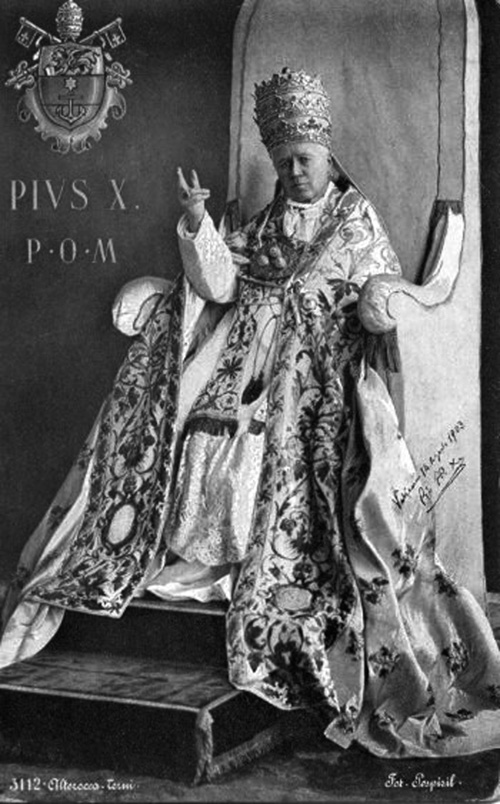



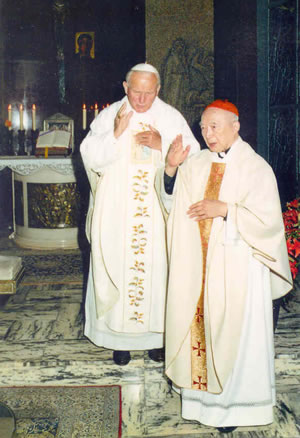





2 comments:
I am so excited... will be there tomorrow... for the rest of hte HOly Week proceedings...
Remember to buy back stuff!!!! And say hi to the Pope for me.
Post a Comment